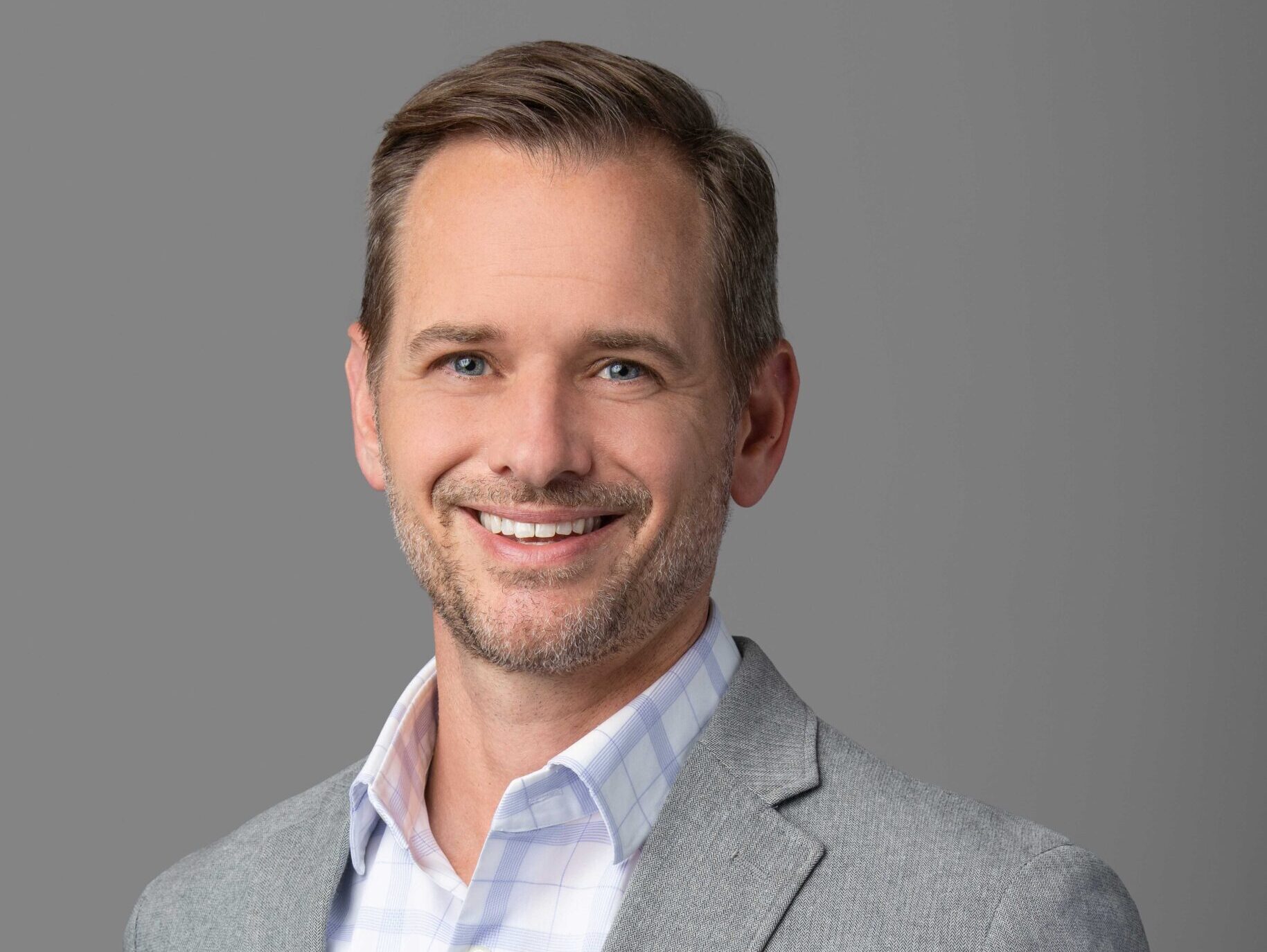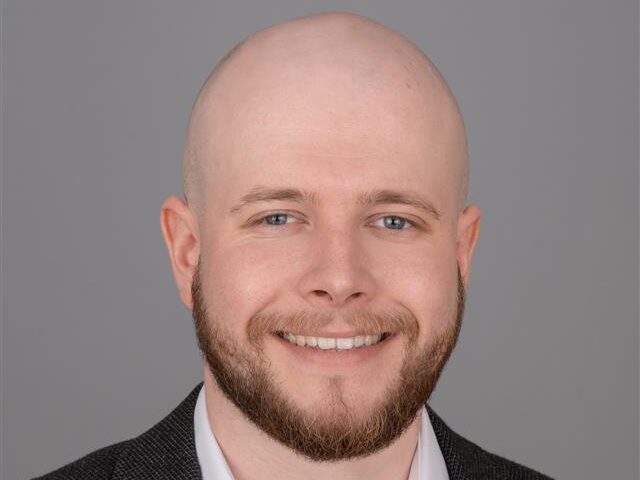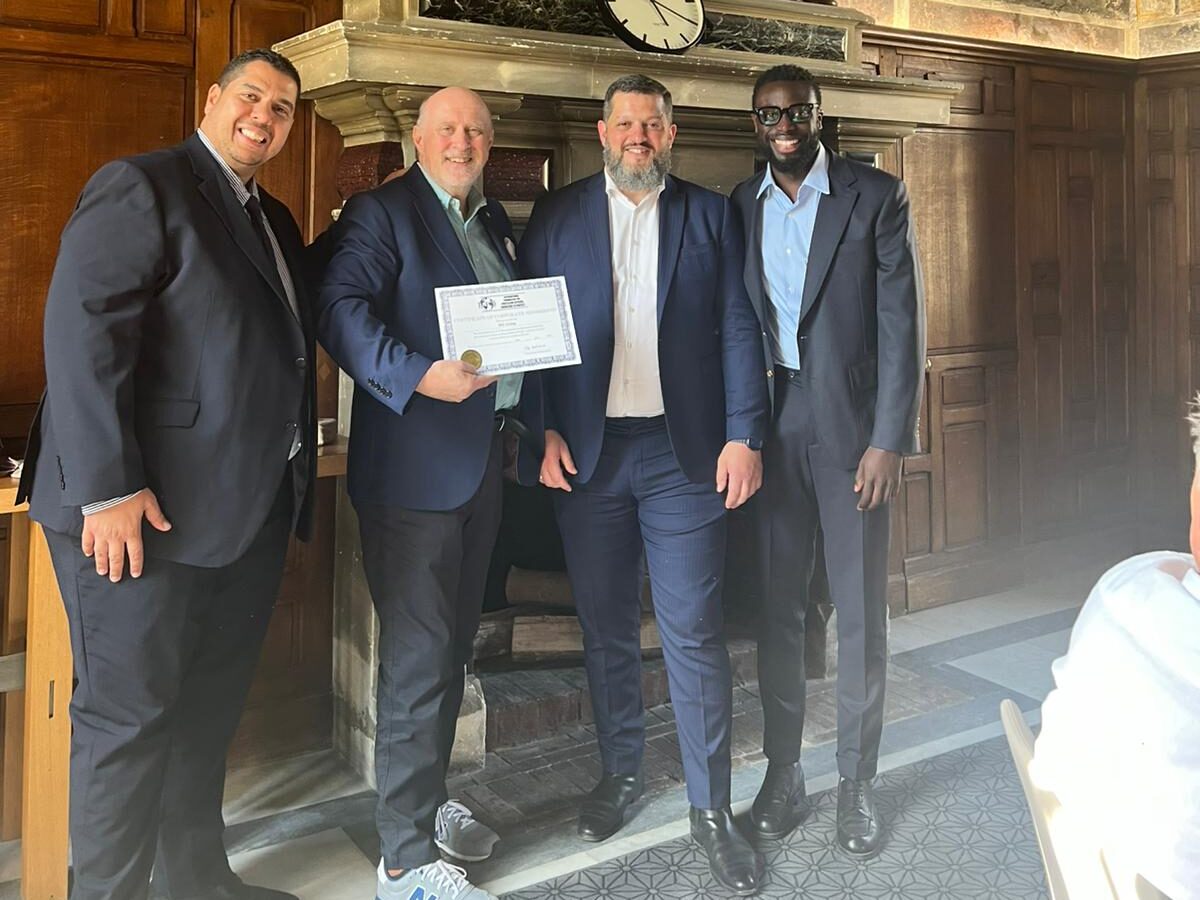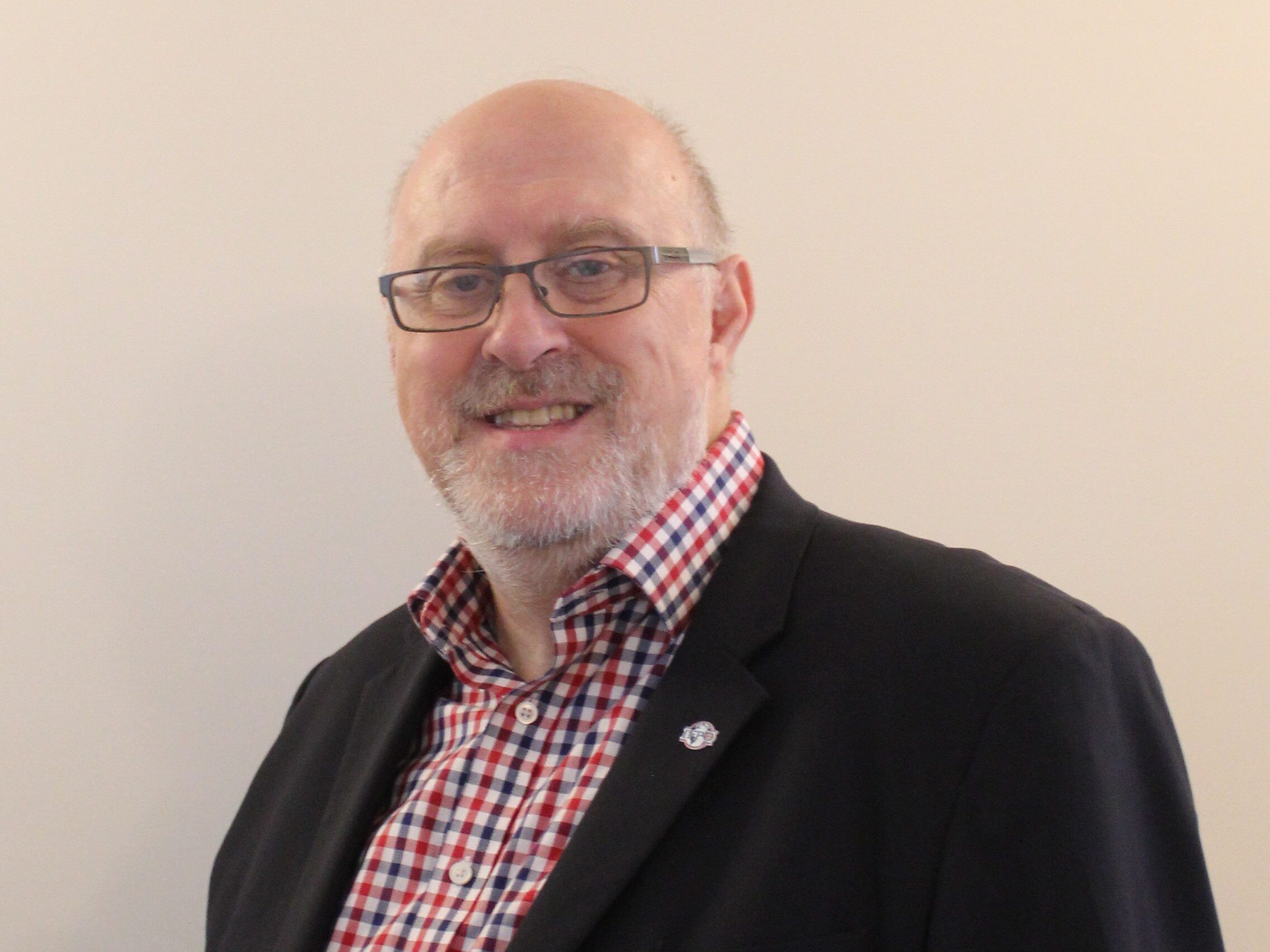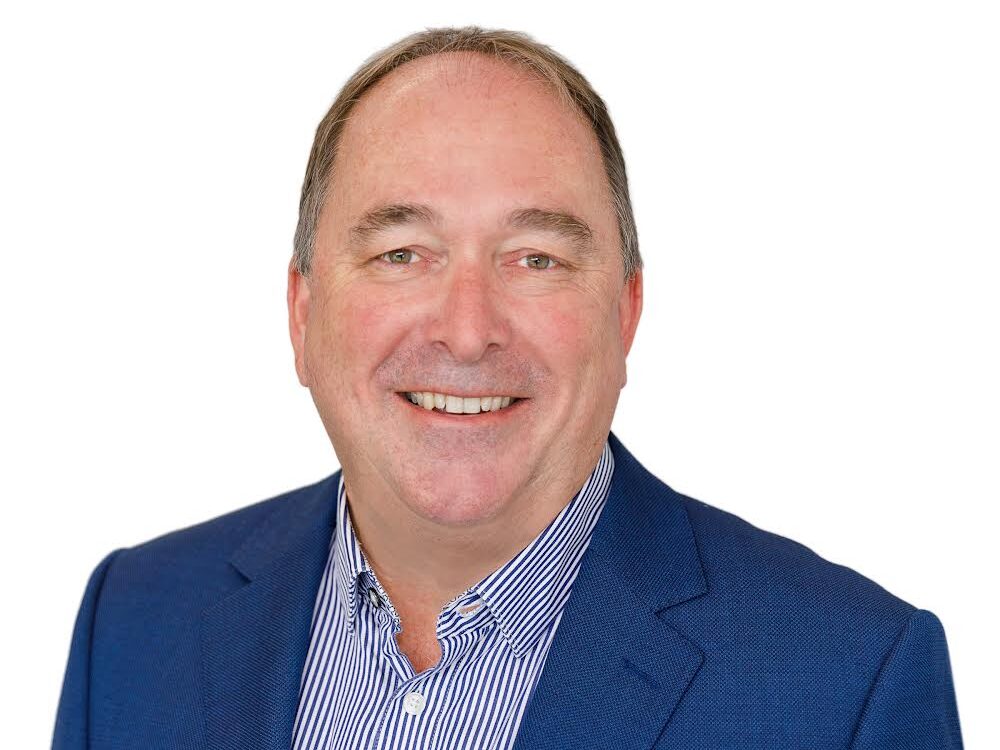Yolanda Hamblen, IFPO UK Board Member and Podcast Host analyses the recent statements from Mel Stride about how mental health has gone ‘too far’, and discusses how culture must be changed in the security industry
In recent years, the dialogue surrounding mental health has expanded, with movements like #MeToo shedding light on issues that were once shrouded in silence. However, amidst this progress, there remains a concerning undercurrent of stigma and misunderstanding, as highlighted by the recent comments of UK Minister Mel Stride. As an incredibly large industry that faces this challenge in all facets, especially the frontline, the security sector must become better at acknowledging mental health and accepting an open dialogue.
The contextual landscape of mental health is starting to change but is not as widely accepted as it should be. In a statement that reverberated through the corridors of power and within communities, Stride suggested that the discourse on mental health has “gone too far,”. His words, while perhaps he may defend as well-intentioned, betray a fundamental misunderstanding of the complexities of mental health and the challenges faced by those who suffer in silence.
At the heart of Stride’s remarks lies a pervasive culture of intolerance towards mental health issues—a culture that undermines the progress made in fostering open and transparent conversations about mental well-being. By reducing mental health to an economic burden, Stride perpetuates harmful stereotypes and impedes efforts to create supportive environments for those in need.
Why did Stride say, ‘normal anxieties of life are being labelled as an illness’? Mel Stride is the Work and Pensions Secretary, he added there was a ‘real risk now that we are labelling normal ups and downs of human life as medical conditions which then actually serves to hold people back and drive up the benefits bill’.
So, is this about money?
Stride confirmed, ‘While I’m grateful for today’s much more open approach to mental health, there is a danger that this has gone too far’. Let’s just digest that for a bit. What does ‘too far’ mean in Strides world?
Stride further added, ‘As a culture we seem to have forgotten that work is good for mental health and people were being signed off too easily. If they go to the doctor and say I’m feeling rather down and bluesy the doctor will give them an average of 7 minutes and then on 94% of occasions they will be signed off as not fit to carry out any work whatsoever.’ He has more to add, ‘mental health should not be a no-go area’ and ‘sometimes we need to start having honest grown-up conversations about it’.
The Department for Work and Pensions (DWP) published at the same time, that 20,000 incapacity benefit claims per year were for mental health problems and that 67% of work capability assessments conducted between January 2022 and November 2023 recorded a mental or behavioural disorder.
Strides comments reinforce the culture of intolerance to mental health issues and go some way to undoing the challenging work of late to have mental health conversations that are open, transparent and without stigma. We can clearly see the DWP findings prove there is an increase in the number of people unable to work and unable to manage their mental health and the answer, Stride, is not to force people back to work. I think as adults we can decide in front of a GP if we are too ill to remain at work in a 7-minute consultation, possibly even less time.
Given this contextual backdrop, I conducted research with members of my LinkedIn community to ask them what they felt about the way they had been treated about their own mental health to give a more acute context to the security industry. I also asked specifically about Stride’s comments. You won’t be surprised by what happened next.
Riccie Gargano, Director of Corporate Development at Cascadia Global Security, and I had a deep chat and she said ‘it’s the avoidance, when people are avoiding you’ when you have mental health challenges, ‘people keep you at a distance like they feel like they’re going to catch it, they avoid you and you get the silent treatment especially if you’ve been brave enough to share your mental health journey with them’. I asked Riccie how Stride’s comments had affected her, she said ‘Mental health issues have featured largely in my life, my mother had a very serious form of mental illness that I grew up with from a very young age.…give me a frikkin break! We still have people hiding and suffering in silence because they are terrified that by being honest about how they are feeling and needing help and maybe needing someone to guide them to that right help, is going to cause people to view them differently. For people to think that they are not competent, that they can’t be successful in a job, that they are just a broken mess of tears staying in their bedroom in the dark all day, that’s not what it is, it’s so much more than that’…
Read the full article in our latest issue here.
Never miss a story… Follow us on:
Security Buyer
@SecurityBuyer
@Secbuyer
Media Contact
Rebecca Morpeth Spayne,
Editor, Security Portfolio
Tel: +44 (0) 1622 823 922
Email: [email protected]


